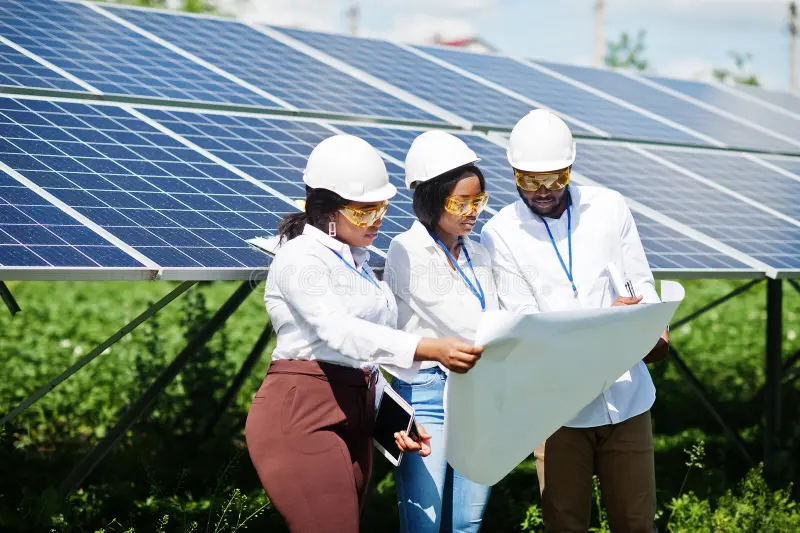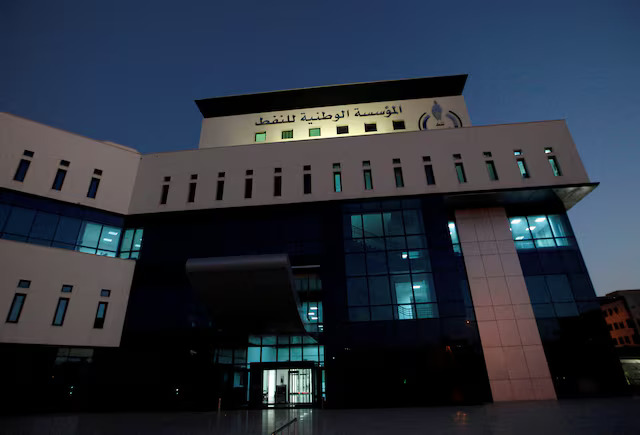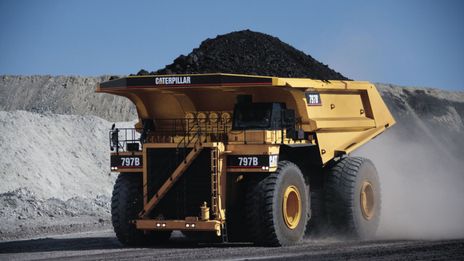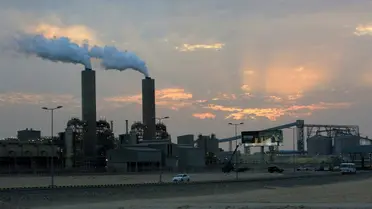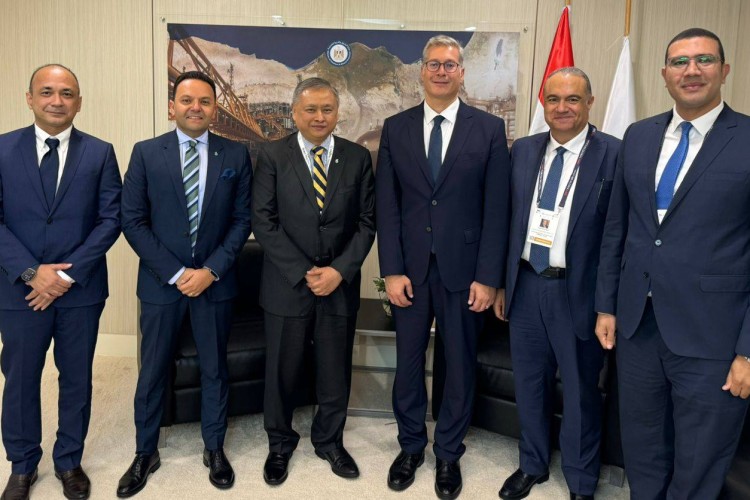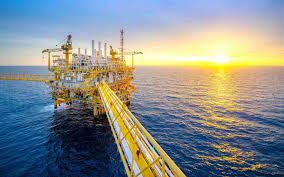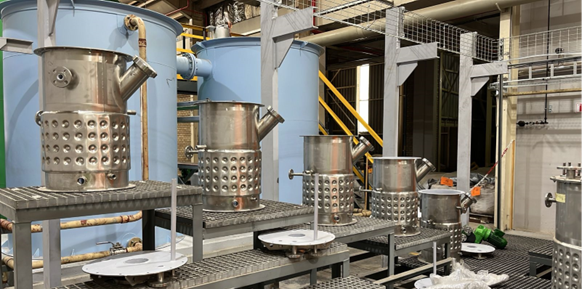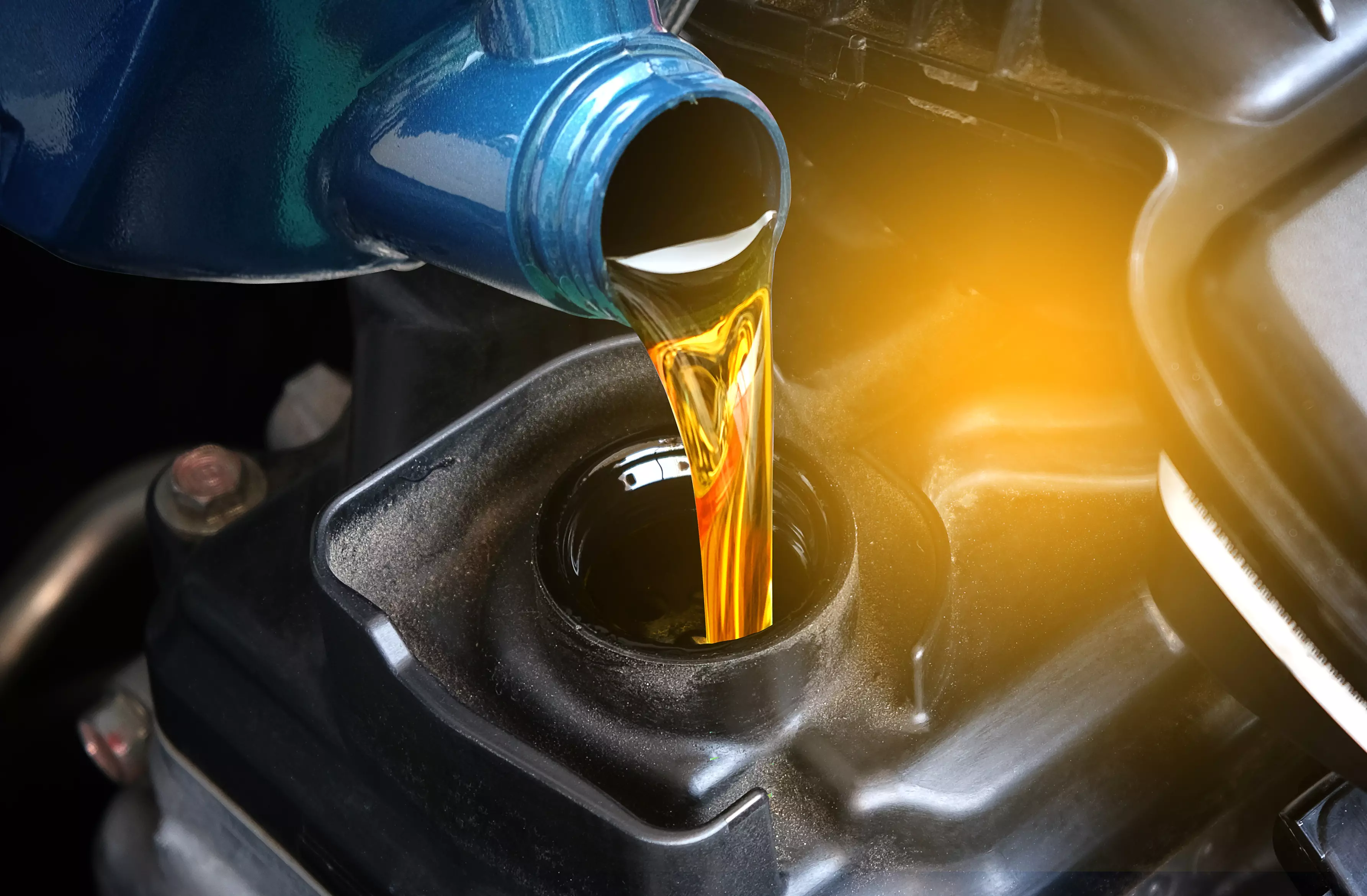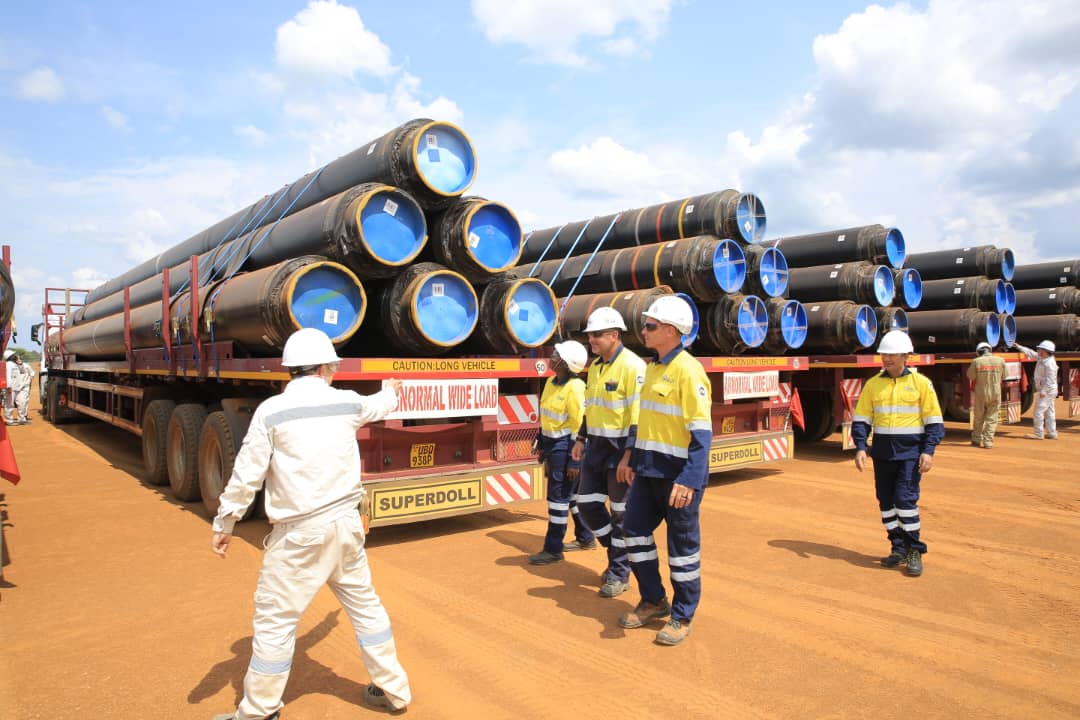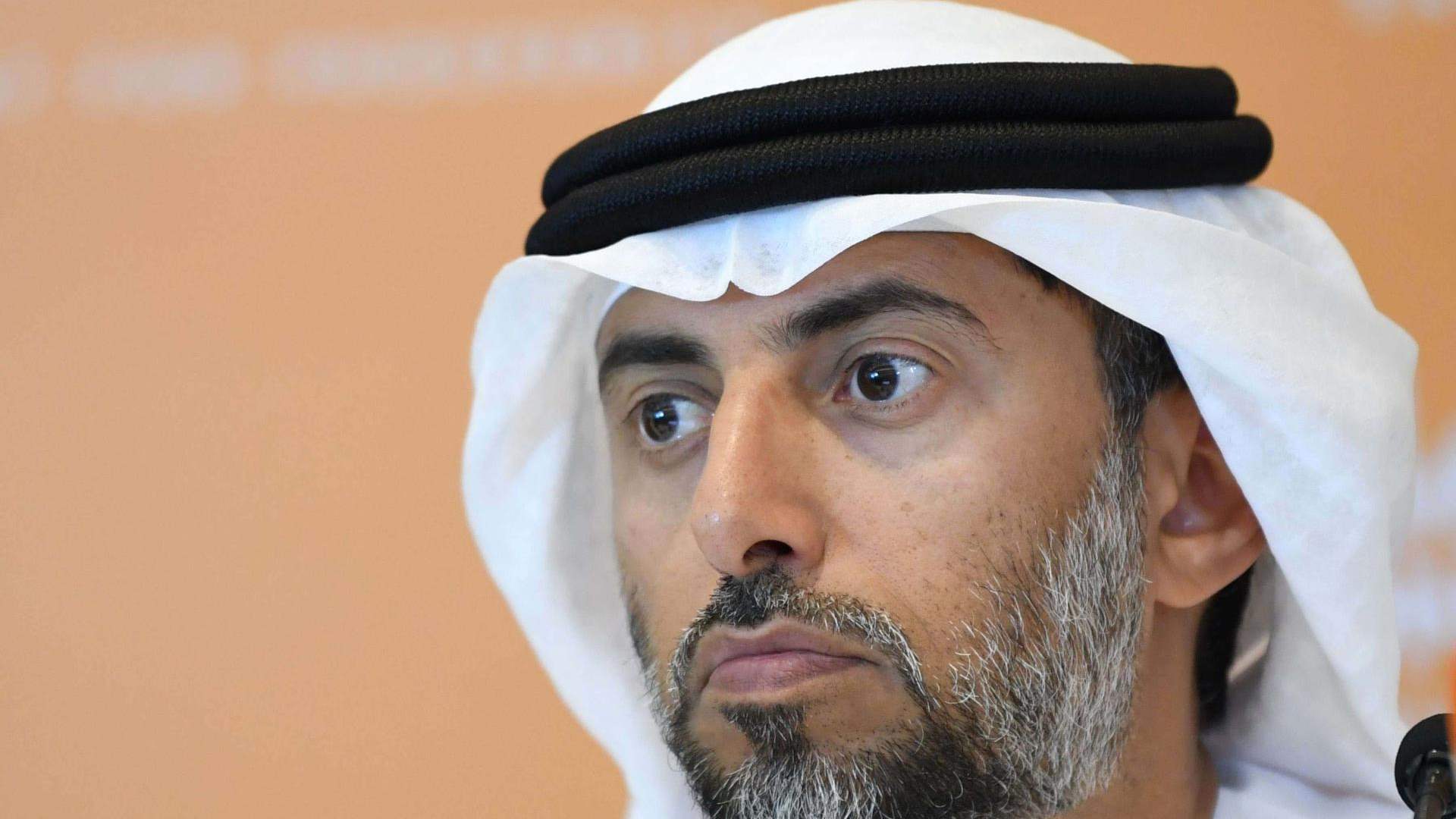Distribution

New Oman green iron project eyes mid-2026 FID
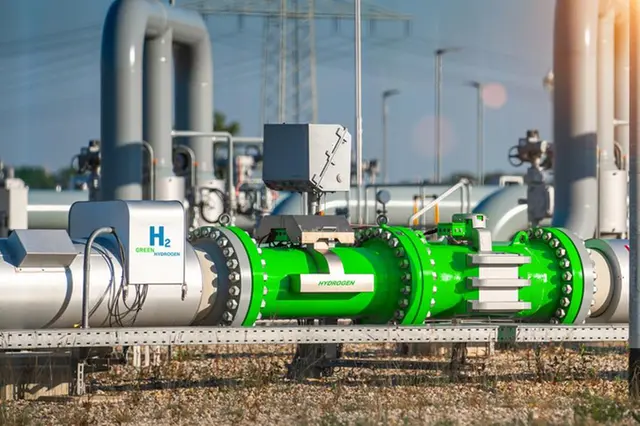
Underscoring its keen interest in setting up a major green iron project in Oman, Singapore-headquartered Meranti Green Steel (MGS) has set its sights on a mid-2026 target for a Final Investment Decision (FID), paving the way for the project’s full-scale development.
The facility, featuring a 2.5 million tonnes per annum (mtpa) Hot Briquetted Iron (HBI) plant in its first phase, is proposed to be established at the Special Economic Zone at Duqm (SEZAD).
Initially, the project will be powered by a calibrated mix of natural gas and green hydrogen, with the hydrogen share to be ramped up progressively in order to achieve lower-carbon green steel production. In a series of posts this week, Meranti confirmed steady progress on the Duqm project.
“The company plans to make a Final Investment Decision (FID) for the Duqm project by mid-2026, with construction to follow immediately thereafter.
“Commissioning of the facility is scheduled for mid-2029,” it stated.
Meranti added: “Our focus will be on utilising a natural gas/green hydrogen mix in line with Oman’s Energy Transition Plan.
“Over time, we will use up to 85% green hydrogen in our processes, reducing CO₂ emissions per ton of steel to below 200kg.
“Discussions with potential green hydrogen suppliers are already underway.”
Consistent with its strategy to decouple iron production from steelmaking, part of the low-carbon HBI output from Duqm will be shipped to a proposed green steel mill currently under early development in Rayong, Thailand. That project, with a capacity of 2.5 mtpa, is slated to become the first green flat steel plant in Southeast Asia.
The balance of HBI output is intended for European offtakers.
Commissioning of the Duqm project is scheduled for mid-2029 Sebastian Langendorf CEO of Meranti Green Steel.
Sebastian Langendorf, CEO of Meranti Green Steel, said current market conditions make it logical to decouple iron production from steelmaking. Cost-competitive HBI production can be pursued where natural gas and hydrogen conditions are favourable, while electric arc furnace (EAF)-based steelmaking and downstream processing can be located in or closer to end markets, he noted in an interview with German steel magazine MBI Stahl Monitor.
Emphasising the significance of its Duqm investment to its broader strategy, Meranti stated: “The Oman green iron project plays a pivotal role in Meranti’s integrated green steel value chain, supplying sustainable materials for our Thailand steel plant and meeting the growing demand for HBI in Europe. The Oman project will help Meranti achieve its goal of becoming a leader in green steel.”
Oman, it further noted, is a “perfect location for this project due to its competitive energy resources, including cost-effective natural gas and a rapidly advancing green hydrogen ecosystem.”
“The Special Economic Zone at Duqm provides a robust infrastructure for the plant, with industrial land, deep-water port access, and efficient regulatory frameworks that enable fast-track development and global distribution.
“Oman’s location also facilitates cost-effective shipping to Meranti’s steel plant in Thailand and to European offtakers seeking low-emission HBI, thereby reducing logistics costs and emissions,” the company added.



